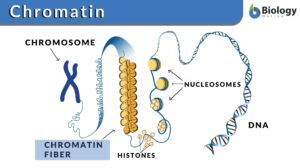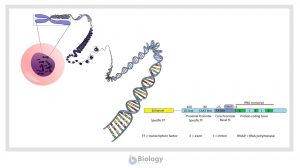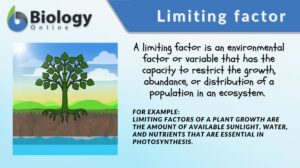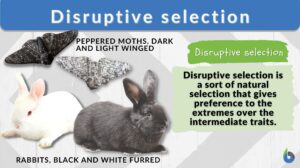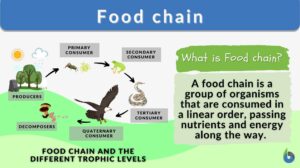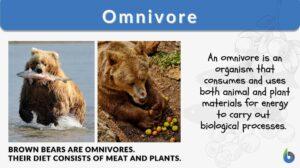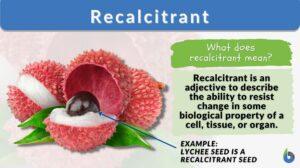Search Results for: accessible
Gene Regulation in Eukaryotes
Reviewed by: Mary Anne Clark, Ph.D. Eukaryotic Gene Structure In prokaryotes the DNA is located in the... Read More
Nucleosome
Nucleosome Definition Every organism is made of deoxyribonucleic acid, also known as DNA. DNA is made up of numerous... Read More
Limiting factor
Limiting Factor Definition A limiting factor refers to any of the factors (variables) in an environment capable of limiting... Read More
Public Engagement: Rising Expectations in the Digital Age
Gone are the simpler days where scientists could isolate and focus solely on their work, engaging exclusively with other... Read More
Consciousness and Behavior
States of Consciousness Defined either by (1) behavior - ranging from attentive and alert to coma and (2) electrical... Read More
Anaerobic respiration
Anaerobic Respiration Definition What is anaerobic respiration? Anaerobic (cellular) respiration is a respiratory process... Read More
Disruptive Selection
An evolutionary process known as disruptive selection (or disruptive natural selection) causes a population to become... Read More
Food chain
Everything is a cycle in life. The way organisms consume their food also follows a cycle. This is usually described as the... Read More
Origins of Life : On Earth and in the Cosmos (2nd Ed)
Origins of Life : On Earth and in the Cosmos ... Read More
Bee Species Outnumber Mammals And Birds Combined
Scientists have discovered that there are more bee species than previously thought. In the first global accounting of bee... Read More
Phosphorylation
Phosphorylation Definition We can define phosphorylation as a biochemical process in which a phosphate molecule is added to... Read More
Parasitism
Organisms depend on different sources of food to survive. Larger organisms like plants make their own food (autotrophs) and... Read More
Recalcitrant
Several words of the English language find wide usage in subjects as diverse as literature, science, social science,... Read More
Euchromatin
Definition noun A slightly packed or partially condensed form of chromatin that contains structural genes and is usually... Read More
